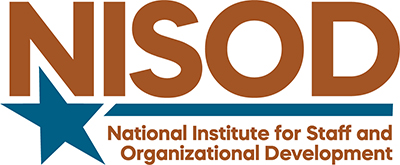$200 off membership
- Short Description:
- Guest tickets must be purchased by May 22, 2024.
- Base Price:
- $75.00
- Price with Discount:
- $0.00
- Base Price:
- $10,000.00
- Price with Discount:
- $9,800.00
- Short Description:
- Guest tickets must be purchased by May 22, 2024.
- Base Price:
- $75.00
- Price with Discount:
- $0.00
- Short Description:
- Guest tickets must be purchased by May 22, 2024.
- Base Price:
- $75.00
- Price with Discount:
- $0.00
- Short Description:
- Guest tickets must be purchased by May 22, 2024.
1/2 Exhibit Table (for profit/non-profit)
Shared table between two organizations. Cost of full table must be paid.
- Base Price:
- $1,250.00
- Price with Discount:
- $1,050.00
The Skills and Competencies Needed to Transform Higher Education for the Future of Work and Learning
- Duration:
- 1 hour
- Format:
- Audio and Video
- Duration:
- 1 hour
- Format:
- Audio and Video
- Duration:
- 1 Hour
- Format:
- Audio and Video
- Duration:
- 1 hour
- Format:
- Audio and Video
- Duration:
- 1 hour
- Format:
- Audio and Video
- Duration:
- 1 hour
- Format:
- Audio and Video
- Duration:
- 1 hour
- Format:
- Audio and Video
- Duration:
- 1 hour
- Format:
- Audio and Video

